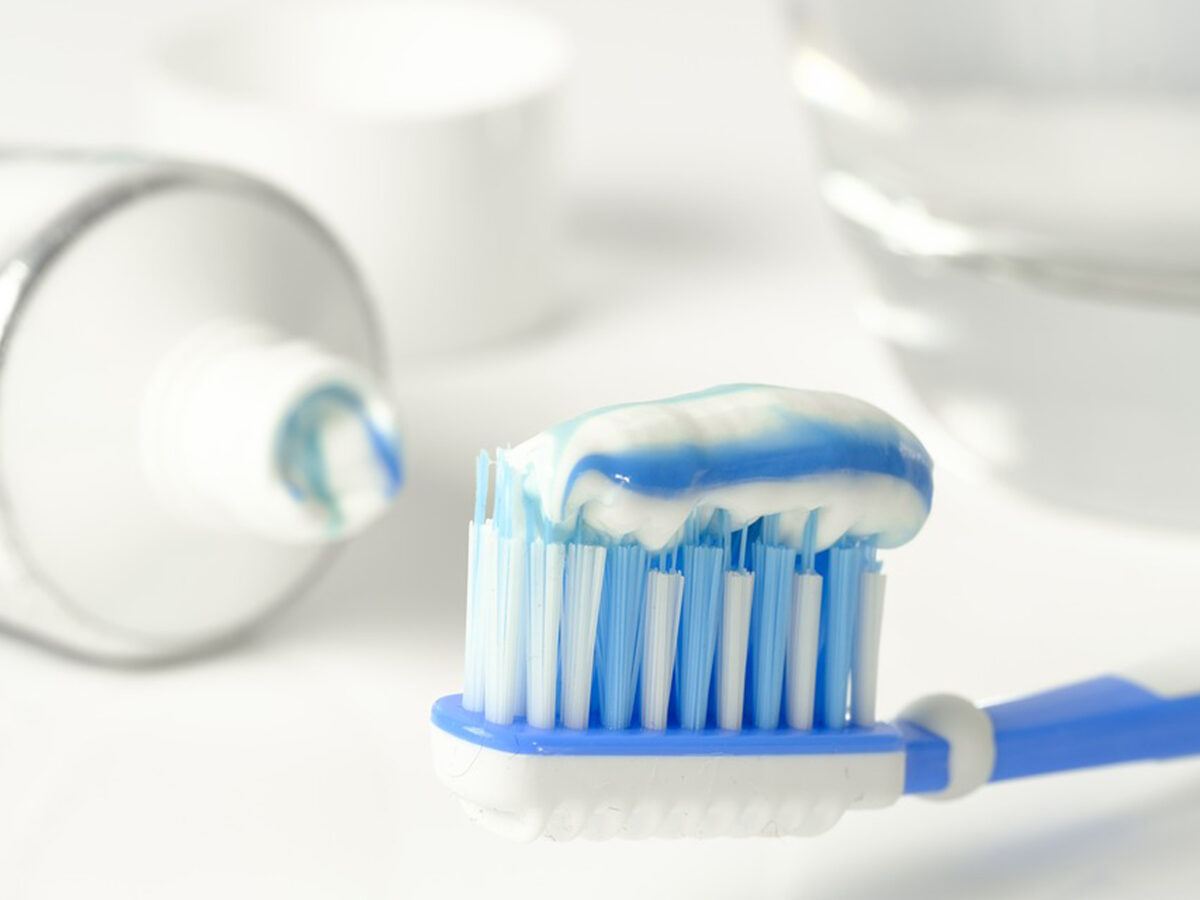Blog
Dental hygiene tips for healthy teeth & gums

Who Needs Fluoride Treatment?
Fluoride is a natural mineral that forms solid teeth and prevents cavities. It’s been a fundamental oral hygiene treatment for quite a long time. Fluoride upholds good tooth polish and fights germs that hurt teeth and gums. It also forms a thin layer that protects the teeth from harmful substances. It also makes the tooth enamel strong by making an outer protective layer.
Fluoride helps fight against the germs causing cavities and tooth decay. Cavities happen when germs develop on teeth and gums and build a tacky layer of plaque. Plaque delivers a corrosive that causes harm to teeth and gum tissue. If the plaque separates the lacquer layer, germs can contaminate and hurt the nerves and blood at the tooth’s center.
Dentists also recommend various supplements to add to the diet, which helps to increase fluoride intake. This is the only mineral that helps to protect tooth enamel from getting damaged.
What occurs during this treatment?
Dentists apply for fluoride medicines over the affected area. The treatment might be used with a swab, brush, plate, or mouthwash.
These medicines have more fluoride than your water or toothpaste. You will just require a few minutes to apply. You might be informed to try not to eat or drink for 30 minutes after the treatment so the fluoride can be completely ingested.
It is also important to give your dentist your entire health history so they can pick the right medicines for you.
Food items that contain fluoride are:
- Tea
- Water
- Food prepared in water
- Fish eaten with their bones
- Food for infants
- Ideal fluoride admission comes from food, water, and supplements.
What are the benefits of fluoride?
This process is considered one of the effective ways to build up oral health. Some of the benefits that are offered by this treatment are:
- Reduces the risk of cavities
- Cost-effective process
- Enhances the oral hygiene
- Upgrades the lifespan of teeth
- Prevents teeth from decay and oral issues
The dentist usually recommends this treatment as it offers better results for oral hygiene. However, with these benefits, you can easily avail the best quality for your teeth.
It is important to have proper oral hygiene as it helps in avoiding a lot of issues that can be caused by preventing these few steps.
- Clean your teeth two times a day
- Floss once a day
- Stay away from sweet food items
- Try not to smoke
- Visit a dentist for a proper consultation
Types of Fluoride Used by the Dentist
Various food items in the market contain a good amount of fluoride. Even dentists also recommend using toothpaste or mouthwash that contains the same. Dentists use it in different forms, such as:
- Foam
- Varnish
- Gel
How successful is this treatment?
It offers a good amount of protection to the tooth enamel preventing the building of harmful layers of germs that can cause cavities or other issues. Fluoride treatment provides the benefit of giving teeth protection for extended periods. However, this treatment also strengthens the tooth enamel making the structure strong enough to chew properly.
Fluoride treatment is cost-effective as it helps in reducing the time and money invested in dentists and check-ups. However, it is important to consult with the dentist before going through this process as they can offer the best advice that suits your needs and conditions.
Discussing this with the dentist is important if you have a high risk of cavities. In that case, the dentist will provide options that suit your condition and are best for your teeth. And fluoride treatment is the best-suited option for oral health care.
